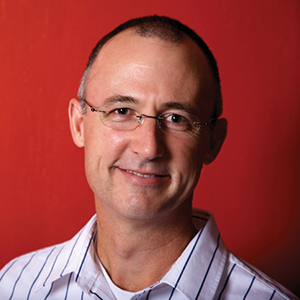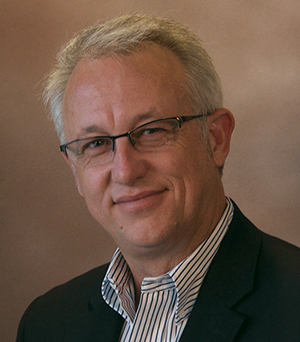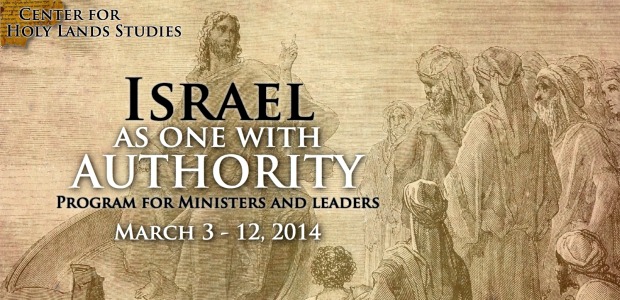|
ABOUTCurrently the Assemblies of God USA and Assemblies of God organizations around the world make up the world's largest Pentecostal denomination with some 65 million members and adherents. But numbers fail to tell the real story, and statistics can never meet human needs. |
MISSIONThe Assemblies of God is committed to fulfilling a four-fold mission. Our primary reason for being is to: 1. Evangelize the lost. |








